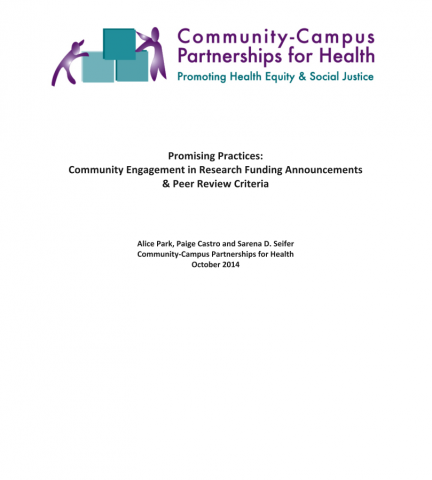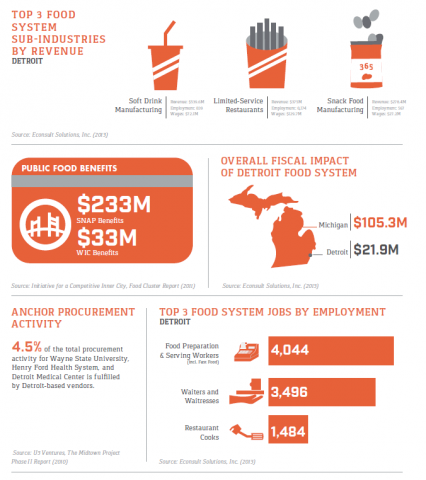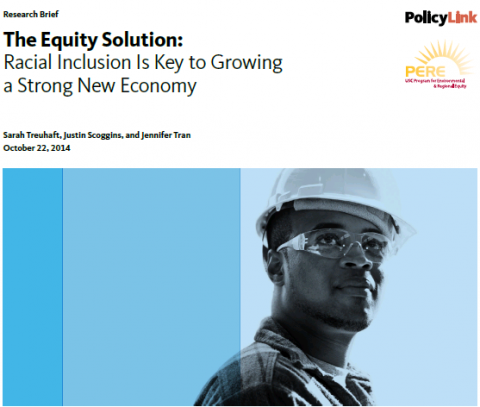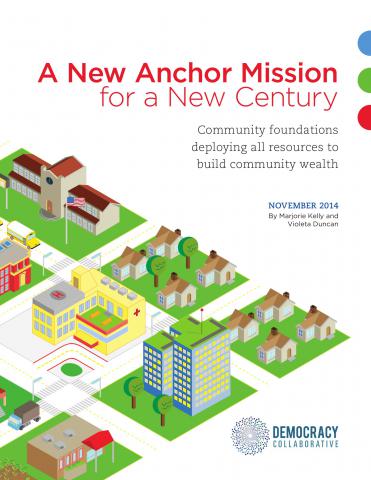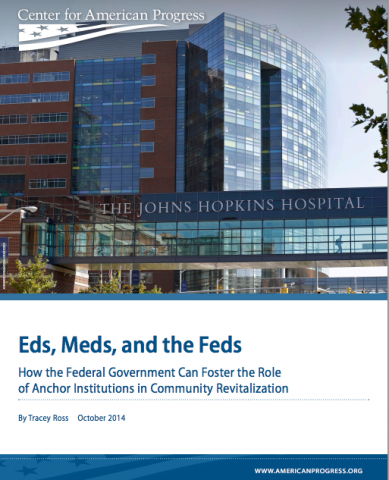Established in 1924, the New York Community Trust is one of the oldest community foundations in the nation. As of 2013, it had $2.5 billion in total assets and managed over 2,000 funds. In 1980, the foundation incubated a CDFI, the Nonprofit Finance Fund (at the time known as the Energy Conservation Fund), which has loaned over $287 million to nonprofits and social enterprises around the country. Read more about New York Community Trust...
